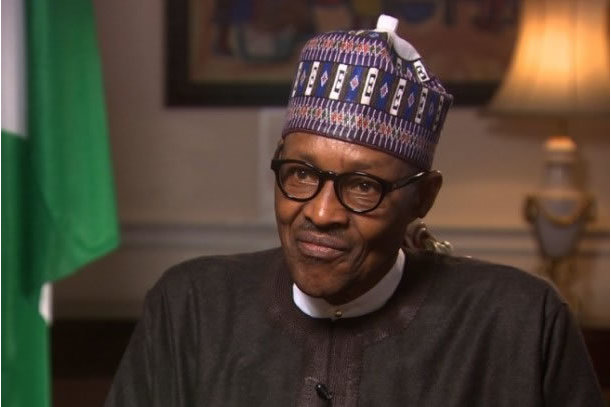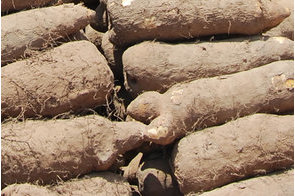Latest News
Nigeria's GDP contracts by 6.10 per cent in Q2 2020 amid COVID-19

News Highlight
The -6.10 per cent negative growth effectively ends the low but positive real growth rates recorded since the 2016/17 recession.
Nigeria’s Gross Domestic Product (GDP) contracted by 6.10 per cent year-on-year in the second quarter of 2020, according to the latest GDP report released today by the National Bureau of Statistics (NBS). The statistics agency attributed the contraction to the economic shocks caused by the coronavirus pandemic, which resulted in nationwide lockdowns to curtail the spread of the virus.
The latest GDP figure represents an 8.22 percentage point decline compared to the Q2 2019 GDP growth rate of 2.12 per cent, and 7.97 percentage point drop from the 1.87 per cent growth rate recorded in Q1 2020. The -6.10 per cent negative growth effectively ends the low but positive real growth rates recorded since the 2016/17 recession.
Aggregate GDP for Q2 2020 in nominal terms stood at N34.023 trillion, which is 2.8 per cent lower than N35.002 trillion recorded in Q2 of the preceding year.
The NBS also reported that the oil sector contracted by 6.63 per cent in real terms in Q2 2020, representing a 13.80 percentage point decline when compared to the Q2 2019 figure. Relative to Q1 2020 when the sector recorded 6.36 per cent growth rate, the oil sector declined by 11.69 percentage point.
The oil sector contributed 8.93 per cent of the total GDP in the quarter under review, down from 8.98 per cent contributed by the sector in Q2 of last year. Average daily oil production in Q2 2020 stood at 1.81 million barrels per day (mbpd), indicating a decrease from the 2.02 mbpd average production recorded in a similar quarter of 2019.
The non-oil sector, according to the report, contracted by 6.05 per cent in Q2 2020, representing a 7.70 percentage point decline from Q2 of last year. It is also the first decline in real non-oil GDP growth rate since Q3 2017. The non-oil sector contributed 91.07 per cent in Q2 2020. This was higher than its share of 91.02 per cent and 90.50 per cent recorded in Q2 of last year and Q1 2020, respectively.
The key performing areas of the non-oil sector in the review period included financial and insurance services, which grew at 18.49 per cent during the last quarter; information and communication grew by 15.09 per cent; agriculture sector (1.58 per cent); and public administration (2.02 per cent).
COVID-19 restrictions also contributed in worsening the unemployment rate in the second quarter of 2020. Earlier this month, NBS reported a jump in the unemployment rate from 23.1 per cent reported in Q3 2018 to 27.1 per cent in Q2 2020. The country's inflation rate also rose for the 11th consecutive month to 12.82 in July 2020.
The International Monetary Fund (IMF) has predicted a deep recession in Nigeria this year. According to its World Economic Outlook (WEO) Update, released in June, the IMF said Nigeria's economy will contract in 2020 by 5.4 per cent, as the country records its worst GDP performance since 1983 when the economy contracted by 10.9 per cent.
Related News
Latest Blogs
- Social outcomes as the tail that wags climate action
- The case for due process in aviation regulatory enforcement
- AI solutions for improved crop production
- Unravelling the costs of holiday in Lagos and Barcelona
- Has the Nigerian economy stabilised?
Most Popular News
- NDIC pledges support towards financial system stability
- Artificial intelligence can help to reduce youth unemployment in Africa – ...
- Aramco signs $11 billion deal for midstream project
- Japan Credit Rating Agency affirms Afreximbank’s A-/Stable rating
- Jobs and livelihoods central to resilience in Africa – ILO
- Communities and civil society across Africa protest against TotalEnergies









